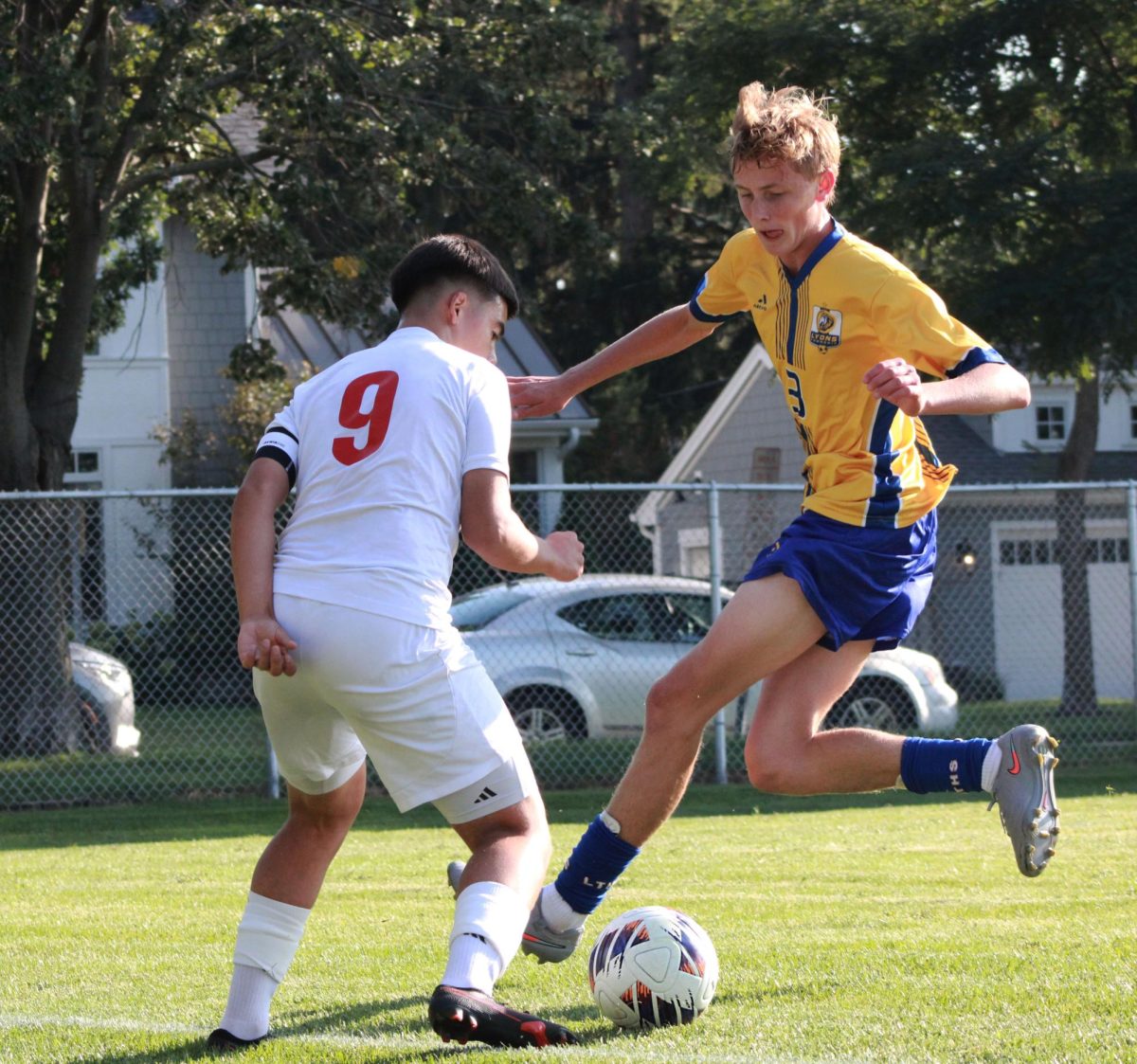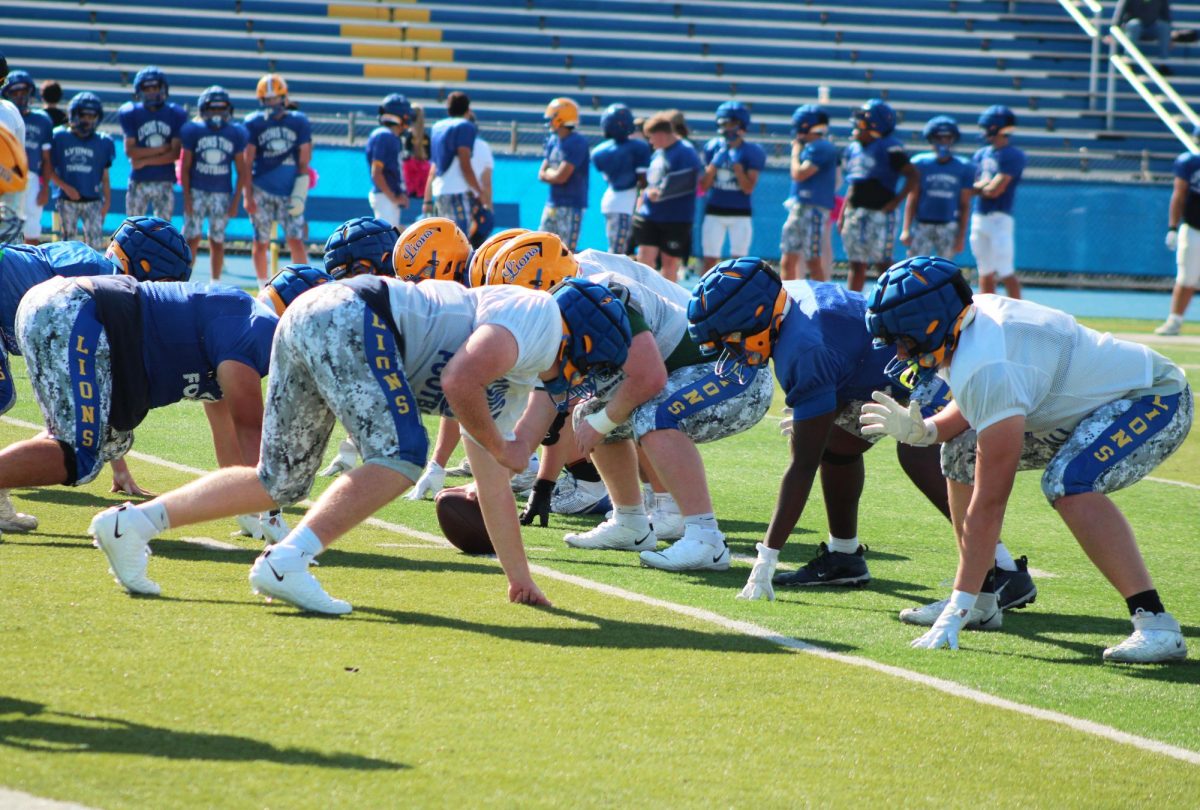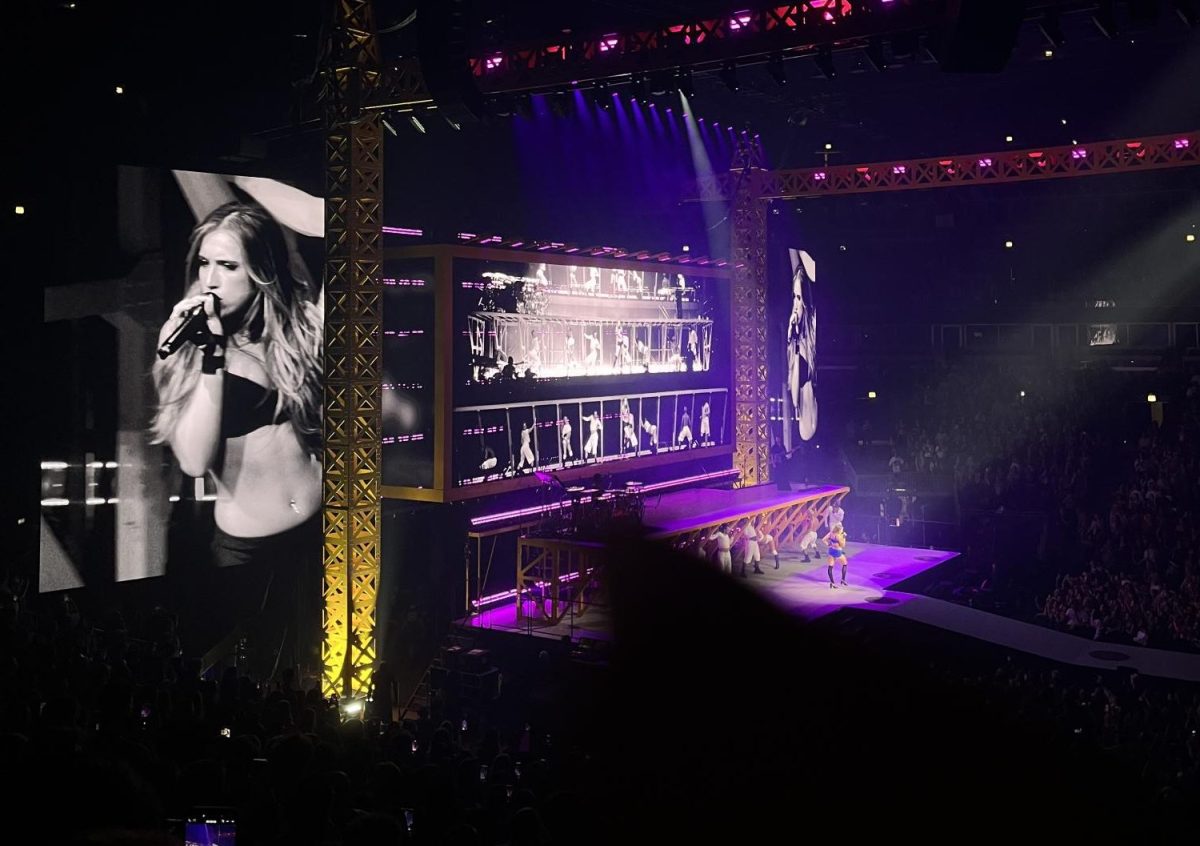As much as we all love the new EA College Football 25 video game, the recent policies on name, image, and likeness in college athletics open the door for corruption among collegiate programs and allow the larger schools to recruit more effectively than smaller schools.
The new policies allow college athletes to make money on their personal name, image, and likeness through sponsorship deals. Meaning that the more fame and popularity an athlete has, the more money they’ll be making as an “amateur athlete.” While it’s nice that the athletes are able to be paid for their on-field success, it completely changes the definition of what an amateur athlete is and it further monopolizes college sports to be run by the Power Four conference schools.
NIL isn’t necessarily a bad thing, there’s certainly a lot of pros that have come from it. EA Sports finally released a college football video game for the first time since 2014, you can play as your favorite team or your favorite player once again. Athletes can get endorsement deals through corporations and even be featured in commercials. You’ll see Dr. Pepper ads with notable college football players on Saturdays while the games are in commercial breaks. Last year they had former University of Southern California and new Bears quarterback Caleb Williams as an actor in one of their commercials. This year they feature University of Texas quarterback Quinn Ewers in their commercials.
An amateur athlete usually isn’t paid, but now, due to the new NIL rules, athletes are allowed to be paid, not directly by the school but through collectives run by the schools’ boosters. This sometimes proves to be shady in college athletics. Kids as young as 18 years old can theoretically make millions of dollars as an “amateur athlete.” Meanwhile, they are essentially being paid to go to college and go to school, while most other students have to pay thousands of dollars to attend a prestigious university.
Controversy with violations is already rampant among football programs across the country over NIL. An assistant coach at Florida State University was suspended and the program was placed on recruiting probation for giving a transfer recruit a promised NIL deal of $15,000 in Jan. 2024. The Florida State football program was placed on two-year probation with several budget reductions and a reduced number of allotted recruiting trips.
These types of violations affect the smaller schools that can’t pay a recruit with lucrative NIL deals. It’s unfair to them, leaving them in the dust and keeping college athletics monopolized by the large Power Four conference schools. A big athletic program like Alabama’s football team can promise a recruit $10,000 or a car through its lucrative collective, but a school like Northern Illinois University probably couldn’t afford to pay their recruits anywhere near that much money. Especially a highly ranked recruit. It’s great that college athletes are getting paid for their on-field work, but it could easily lead to corruption amongst collegiate programs and monopolization by the larger schools bullying up the smaller schools.
NIL deals can be a great thing for college athletes, but they can become extremely dangerous if it’s not carefully examined by the NCAA. Corruption and controversy over name, image, and likeness can become something that causes college athletics to spiral out of control if it isn’t monitored with a careful eye.





















![Movie poster for '[Rec]" (2007).](https://www.lionnewspaper.com/wp-content/uploads/2023/04/rec-640x900.jpg)



